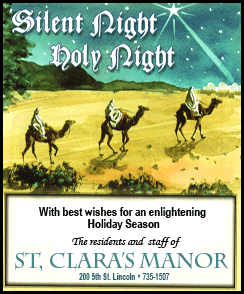| ||||||||||
| ||||||||||
Russian news media also reported about 500 people held a protest in the Siberian city of Irkutsk and that about 100 tried for an unauthorized rally in Samara, where four demonstrators were arrested. The wave of protest comes less than three months before Putin is to run for a new term as president, the post he held in 2000-2008, and indicates his return to the Kremlin may be less easy than initially assumed for the man who has dominated Russia over the past dozen years. On Saturday, the Communist Party nominated its leader Gennady Zyuganov to run for president. Zyuganov forced Boris Yeltsin into a run-off in the 1996 presidential election and although the Communists' support has declined since then, he could attract a protest vote against Putin. At the party congress that nominated him, Zyuganov promised that he would call a rerun of the parliamentary election if he becomes president. He also denounced the international financial system, a message that could play well with Russians who have been passed by in the post-Soviet economic boom. "We're living in the epoch of unlimited rule of transnational financial capital. It started by the fall of the Soviet Union. We can easily call today's economics system financial imperialism. It pressures countries and nations with the help of the credit systems, currency mechanisms and the speculations in stock market trades," he said.
[Associated
Press;
Copyright 2011 The Associated
Press. All rights reserved. This material may not be published,
broadcast, rewritten or redistributed.

News | Sports | Business | Rural Review | Teaching & Learning | Home and Family | Tourism | Obituaries
Community |
Perspectives
|
Law & Courts |
Leisure Time
|
Spiritual Life |
Health & Fitness |
Teen Scene
Calendar
|
Letters to the Editor